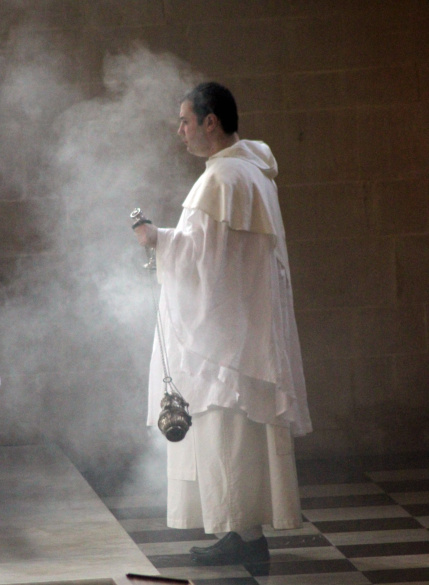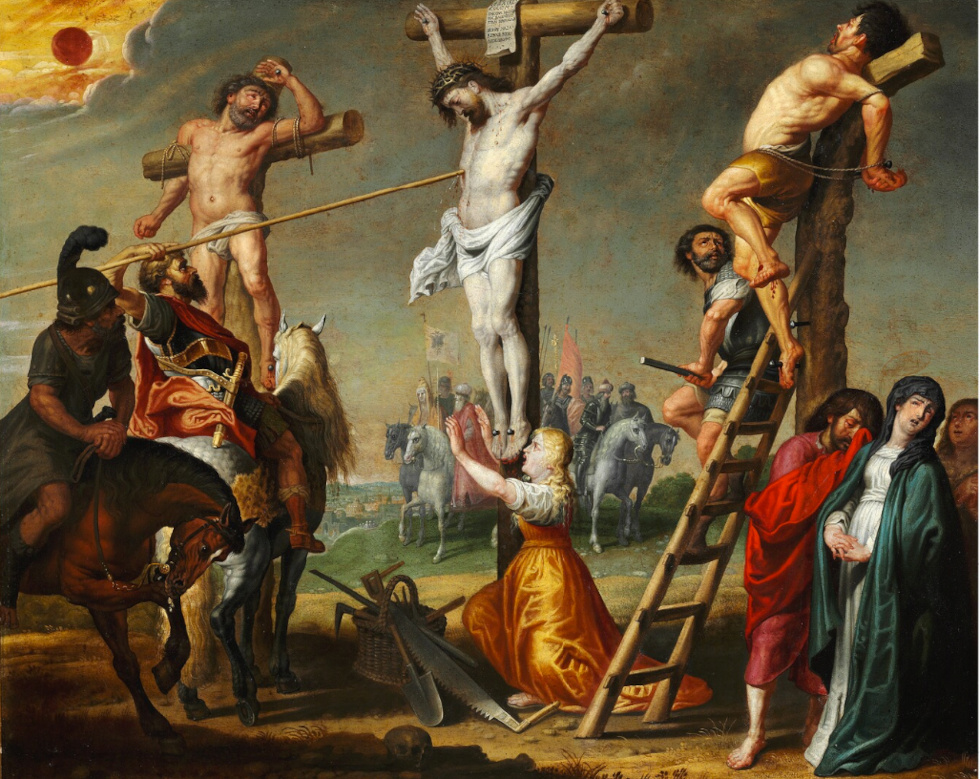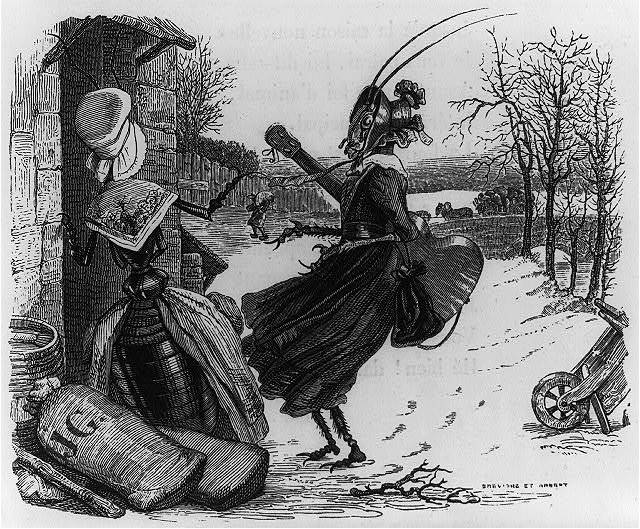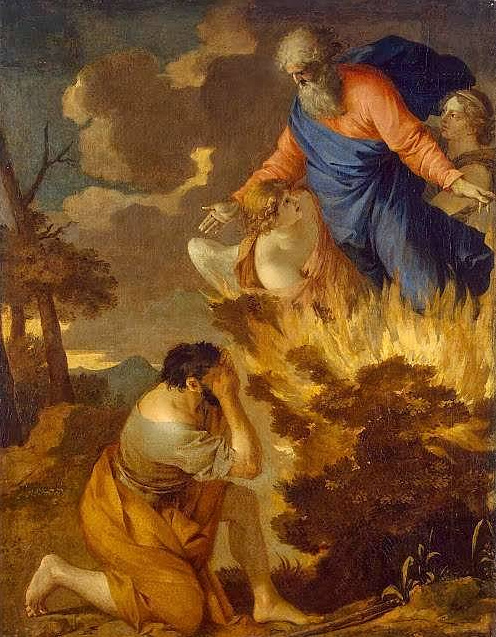far180 blog
-
The Infilling of the Holy Spirit is Scriptural

A few weeks ago, we were visiting family in Calgary and our 12-year-old grandson wanted to go to Mass with us. It was only his second time at a Mass. At Saint Patrick’s Church, that morning, an abundant amount of incense was used, and our grandson was curious as to what all the smoke was about. I told him that the smoke rising from the censer was symbolic of our prayers rising the Heaven and that as that scent floated over and descended on the congregation it was symbolic of us all inhaling God’s spirit. He could think of it as a form of Catholic vaping.
-
The Sponge and the Spear

"… in Christ God was reconciling the world to himself, not counting their trespasses against them, and entrusting the message of reconciliation to us.", 2 Corinthians 5:19
-
Go to the Ant thou Sluggard

Perhaps you are aware of the latest trends on social media. One that I am aware of is the claim that many men are dropping out of the dating scene and opting for single life, while many young women are either not interested in marriage, or if they are, they can’t find men. There are various reasons...from the disparaging of permanent relationships (marriage) and the promotion of cohabitation which has no guarantees of security, no fault divorce – in which custody battles for children and money can go on for years – promiscuity, pornography, the promotion of beauty above character, and the erosion of parental rights. I believe these claims, as I see many Millennials who are unmarried.
-
The Divine Fire

In the social media world building your “brand” is the way to go. To be successful in that venue you need to manufacture an online identity that will generate “clicks”. So, at the start of your branding project how do you determine what your baseline identity is?
-
Willing the Good of the Other

The following homily is based on Luke 6:36-38, the Gospel reading for March 17th, 2025:
Jesus said to his diciples:
"Be merciful, just as your Father is merciful."Stop judging and you will not be judged.
Stop condemning and you will not be condemned.
Forgive and you will be forgiven.
Give and gifts will be given to you;
a good measure, packed together, shaken down, and overflowing,
will be poured into your lap.
For the measure with which you measure
will in return be measured out to you."- Editor
In today’s Gospel, we are told to be compassionate by not sitting in judgment on others. That in no way means that we are to be blind to the genuine faults of others. But we are not in a position to take the higher moral ground so that we can sit in judgment on the supposed wrongdoer.
